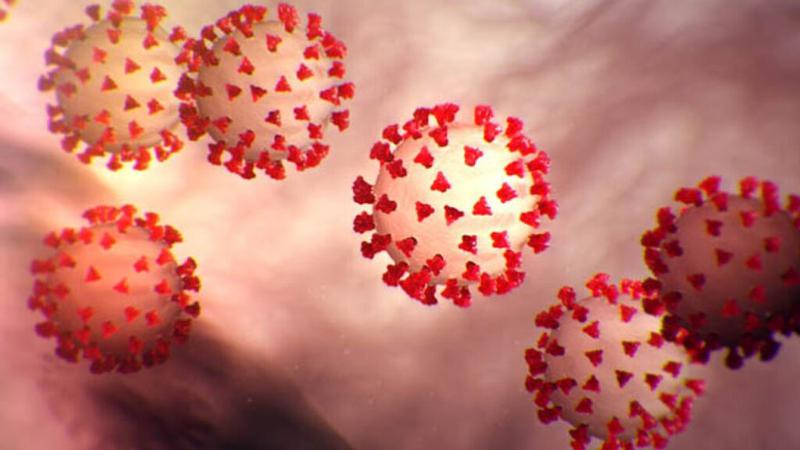
This blog is Part 2 of Walden’s summary of the EPA’s COVID-19 Enforcement and Compliance Assurance Program. Part 1 provided a general overview of EPA’s plan for handling environmental noncompliance issues that private and public sectors might be facing during the COVID-19 pandemic. We will now present additional details on how EPA intends to handle various types of civil violations.
CIVIL VIOLATIONS
- General Conditions. Regulated entities should make any efforts to comply with their environmental compliance obligations. If compliance is not achievable due COVID-19 impact, facilities should minimize the effects of the noncompliance, identify and document all specific nature(s), date(s) and how the COVID-19 caused the noncompliance and any decisions and actions taken in response.
- Routine Compliance monitoring and reporting. EPA does not intend to issue penalties to facilities that will be not able to perform routine monitoring, testing, sampling, laboratory analysis, training, reporting or certifications, and will report to EPA such noncompliance(s) following procedure set forth in their permits, regulation or statutes. If reporting is not feasible, records shall be maintained and make them available upon request. When policy will be no longer effective, the EPA is not planning to require facilities to “catch-up” with missed monitoring or reporting due in a 3-month timeline period, but will ask to resume compliance as soon as possible (including bi-annual or annual reporting). EPA will accept digital or other electronic signatures and approved reporting instead of paper submission.
- Settlement agreement and consent decrees reporting obligations and milestones. EPA recommends parties to use notice procedures set forth in the agreement to notify missing milestones set forth in the agreement. Notification shall include steps to minimize the effect of noncompliance and all other information as per the General Conditions above. Regarding consent decrees entered into with the EPA and the U.S. Department of Justice (DOJ), EPA will coordinate with DOJ to exercise enforcement discretion and will also consult with co-plaintiffs to seek agreement to this approach.
- Facility Operations. Facilities that, due to COVID-19, may create an acute risk or an imminent threat to human health or environment, should immediately contact EPA or appropriate implementing authorities, that will coordinate to take appropriate actions to minimize or prevent the imminent threat. If a facility experiences a failure of an air emission control or wastewater or waste treatment systems or other equipment that may result in exceedances of limitations on emissions to air or discharges to water, or land disposal, or other unauthorized releases, it should notify the EPA or implementing authority as quickly as possible. If a facility is unable to transfer off-site the waste generated, EPA will not change the waste generator status of the facility (either Very Small, Small or Large Quantity Generator) if such facility will continue to properly label and store the waste, and take the steps as per the General Conditions above
- Public Water Systems Regulated Under the Safe and Drinking Water Act. The EPA expects that such facilities to be still operational since their activities are considered of heightened responsibility, and, whenever enforceable (States will still play a lead role on drinking water), EPA will consider the monitoring against microbial pathogens, nitrite/nitrate, lead and copper to be of highest priorities.
- Critical Infrastructure. For these facilities, the EPA may consider a more tailored short-term No Action Assurance, with conditions to protect the public, if the EPA determines it is in the public interest.
Walden is continuously seeking updates on enforcement policies and any other notifications or communications from Federal, State and Local regulatory agencies that might be a result of the COVID-19 pandemic in terms of maintaining compliance with all applicable environmental, health and safety regulations.
If you think your facility might be affected by this EPA policy or if you have any doubts about its applicability, please contact Walden Environmental Engineering at 516-624-7200 for a free consultation.
